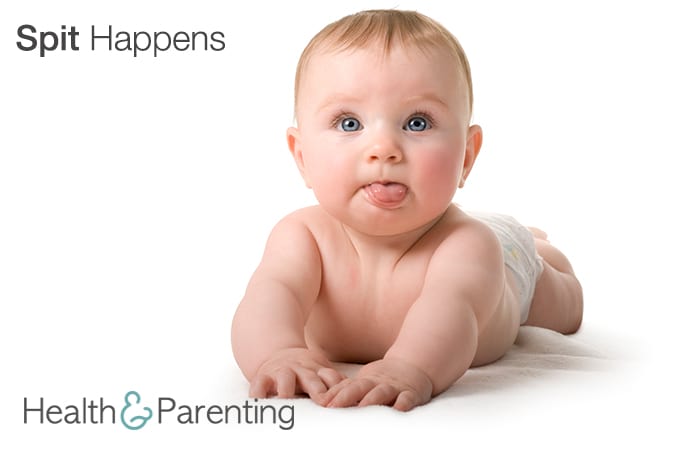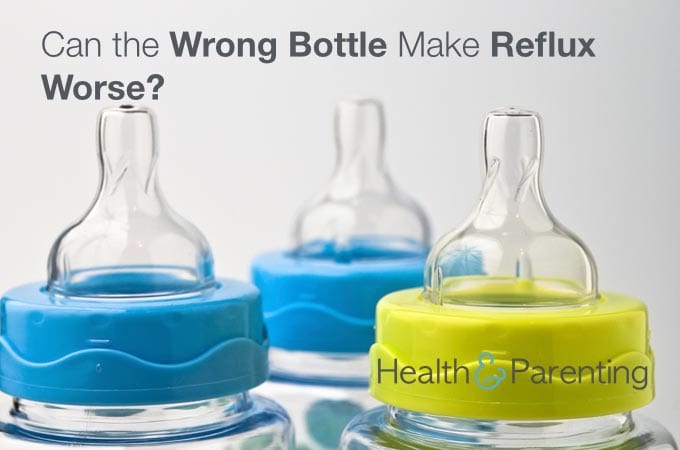Sure you knew your life would change once you had kids. After all, you probably heard stories from your friends who already had children about how they never slept or how much life changed.
But you might not have realized how much gross stuff comes along with taking care of a baby. The surprising part is, most of the time, the gross stuff does not even faze you anymore. Consider some of the gross things that moms (and dads) deal with on a regular basis.
Farts: Let’s be honest, we all fart. But it’s usually nothing to cheer about. But when your six-month-old lets it rip on your lap, somehow it’s not so gross, and it may even make you giggle. In fact, when you think your baby is gassy, you might even celebrate a fart.
Wiping someone else’s butt: In your pre-baby life, the only butt you wiped was probably your own, and that was no picnic. But times have changed. From routinely smelling your baby’s bottom to dealing with diaper blowouts, poop is a part of life for new parents. It may still be a bit gross at times (especially when you hit the toddler years). But for the most part, you can change a diaper without even flinching.
Cleaning snot out of your baby’s nose: The thought of sucking boogers out of someone’s nose may have made your stomach turn before you became a mom. But now when your baby has a stuffed up nose, you reach for the bulb suction and suck out snot with ease. You might even examine what you pulled out and congratulate yourself on a job well done.
Being sneezed on: Whether you’re on a crowded subway or in line at the movies, being on the receiving end of a sneeze is gross. There is saliva flying everywhere and germs coming your way. But when your baby does it, you simply wipe the droplets off your face and break into your baby talk voice and say “bless you.”
Cleaning spit up: Cleaning spit up or vomit used to be cringe worthy. But once you have a baby, it’s a part of life. With your new mom ninja like reflexes, you might even catch it with your bare hands to prevent it from hitting the floor. The good news is if your baby is not eating solids yet, spit up consisting of breastmilk or formula is not too gross. The bad news is once your baby moves onto solid foods, it’s a different story.
Although your little darling is the light of your life, he does not always mind his manners. But when you become a mom, you do it all, even the gross stuff. Because there is nothing you would not do to keep your baby happy and healthy.
Written by Mary Ann DePietro@writerlady34
This information is not intended to replace the advice of a trained medical doctor. Health & Parenting Ltd disclaims any liability for the decisions you make based on this information, which is provided to you on a general information basis only and not as a substitute for personalized medical advice. All contents copyright © Health & Parenting Ltd 2016. All rights reserved.












